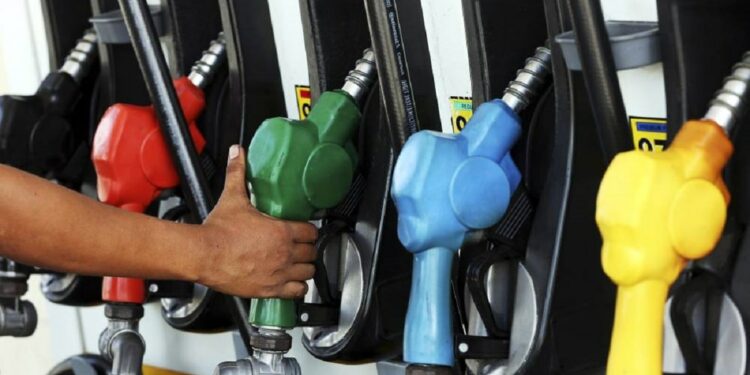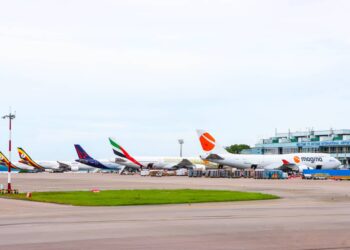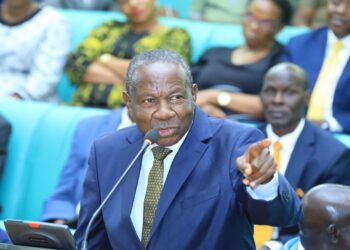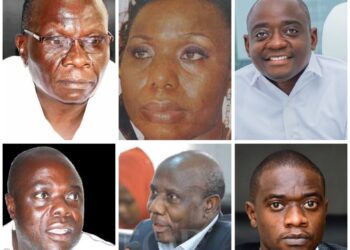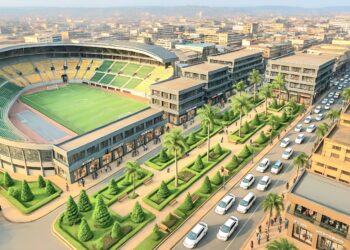Across Africa, fuel prices remain a decisive factor shaping both everyday life and the broader economic environment. When petrol costs rise, the ripple effects are immediate and far-reaching, affecting consumers, businesses, and governments alike.
High fuel costs directly increase transportation expenses, making it more costly to move people and goods. In a continent where most agricultural products must travel long distances to reach markets, households are hit with higher food prices alongside increased commuting costs.
For businesses, the impact is equally severe. Sectors such as transportation, agriculture, and manufacturing face higher production costs, often passing them onto consumers, creating inflationary pressures that strain household budgets. Socially, communities in remote areas without reliable public transport experience heightened isolation, complicating access to healthcare, schools, and markets. Urban workers, meanwhile, are spending a growing portion of their income simply commuting to work, reducing disposable income and deepening economic inequality.
At the macroeconomic level, surging fuel prices exacerbate inflation, limit purchasing power, and in some cases spark public unrest. Across Africa, recent years have seen protests in countries opposing fuel price hikes, often linked to subsidy reductions or currency fluctuations. Governments are caught between the twin challenges of maintaining affordable fuel for citizens and managing the fiscal strain of subsidies or expensive imports.
Fuel is more than a commodity; it is a lifeline. Excessive price increases threaten economic progress, amplify inequality, and strain social cohesion. For African nations where transport and energy infrastructure are crucial to development, maintaining affordable fuel through increased refining capacity, adoption of alternative energy sources, and efficient distribution systems is both an economic and social imperative.
According to the latest figures from Global Petrolprices, the global average price of petrol remains at $1.29 per litre, unchanged from last month. Across Africa, fuel prices have shifted unevenly: the Central African Republic, Senegal, Ivory Coast, Burkina Faso, Cameroon, Uganda, and Morocco have all recorded reductions. Meanwhile, Kenya and Malawi have seen slight increases, while Zimbabwe’s fuel prices remain elevated.
As Africa continues to grapple with fuel price volatility, policymakers face the pressing challenge of balancing affordability with sustainable economic growth—a delicate equation with implications for every household and business on the continent.
Top 10 African countries with the highest fuel prices in August 2025
| Rank | Country | Fuel price | Global rank |
|---|---|---|---|
| 1. | Central African Republic | $1.858 | 23rd |
| 2. | Senegal | $1.752 | 32nd |
| 3. | Zimbabwe | $1.560 | 48th |
| 4. | Ivory Coast | $1.513 | 51st |
| 5. | Burkina Faso | $1.504 | 52nd |
| 6. | Cameroon | $1.486 | 53rd |
| 7. | Malawi | $1.459 | 56th |
| 8. | Kenya | $1.429 | 58th |
| 9. | Morocco | $1.428 | 59th |
| 10. | Uganda | $1.418 | 61st |
Do you have a story in your community or an opinion to share with us: Email us at editorial@watchdoguganda.com

